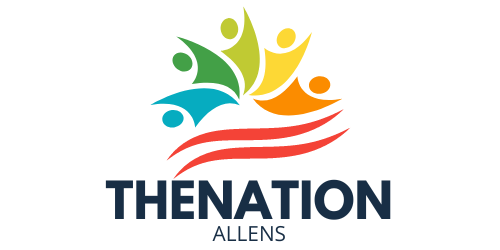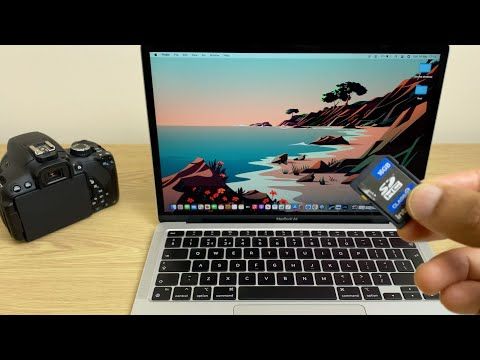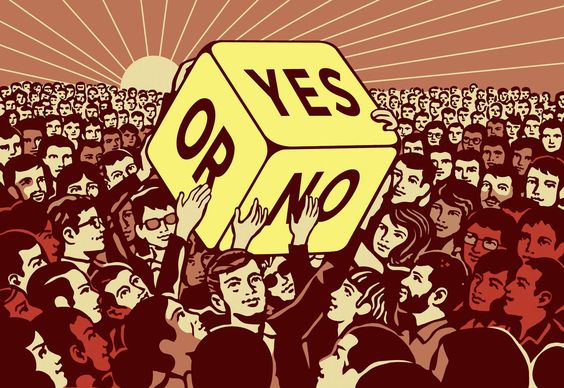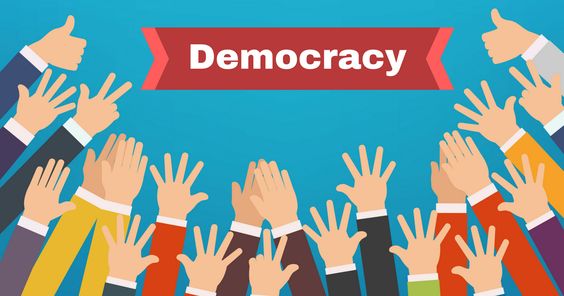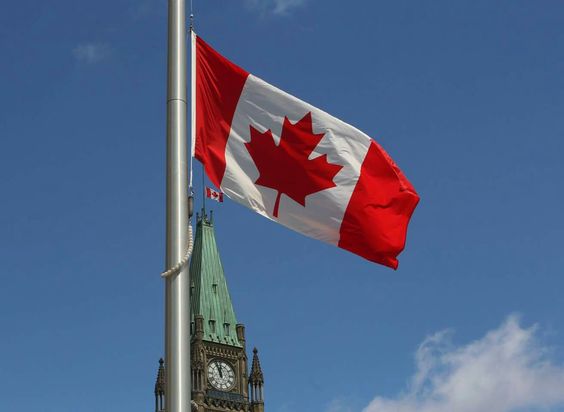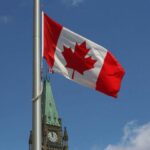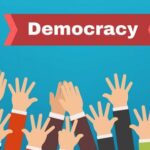What is the Basic Concept of Politics: Complete Guide
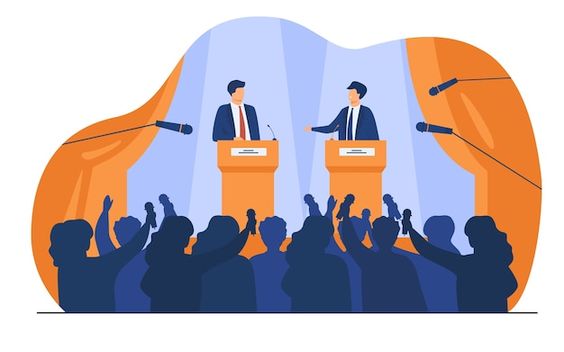
What is the Basic Concept of Politics
The basic concept of politics boils down to two main ideas: power and decision-making. It’s about who gets to make the rules, how they get to make them, and how those rules are enforced.
Here’s a breakdown of the core aspects:
- Power: This is the ability to influence others and get things done. In politics, power can be held by individuals, groups, or governments.
- Decision-making: This is the process of figuring out what to do about important issues that affect a group of people. Political decision-making can involve things like creating laws, allocating resources, and resolving conflicts.
Politics happens at all levels of society, from local communities to international relations. Here are some examples:
- A town council deciding on a new budget
- Two countries negotiating a trade deal
- A group of students protesting for better school lunches
By understanding the basic concept of politics, you can start to make sense of the complex world of government, elections, and current events. Read about What is Canada Official Name
Historical Perspective on Politics
Ancient Political Systems
Politics is as old as civilization itself. Ancient political systems, such as those in Greece and Rome, laid the groundwork for contemporary political thought. The Greeks, for example, introduced the concept of democracy, where citizens had a say in their governance.
Evolution of Political Thought
Political thought has evolved significantly over the centuries. The Enlightenment period, in particular, was a time of great political innovation. Thinkers like John Locke and Jean-Jacques Rousseau introduced ideas about individual rights and the social contract, which have become fundamental to modern democratic systems.

Key Political Theorists
Key political theorists such as Plato, Aristotle, Machiavelli, and Marx have significantly shaped political ideology and practice. Their works continue to influence contemporary political science and the functioning of political systems worldwide. Don’t Miss to Check Out Our Website: THENATION ALLENS
Core Elements of Politics
Power and Authority
At the heart of politics is the concept of power—the ability to influence or outright control the behavior of people. Authority, on the other hand, is the recognized right to exercise power. Together, they form the backbone of political interactions.
Governance and Institutions
Governance involves the processes and structures used to direct and manage an organization or country. Institutions like parliaments, presidencies, and courts play crucial roles in governance by creating, implementing, and interpreting laws.
Laws and Policies
Laws are the rules established by a governing body to maintain order and protect citizens’ rights. Policies are strategic decisions made to achieve specific goals within the framework of these laws. Both are essential tools in the political landscape.
Political Ideologies
Liberalism
Liberalism advocates for individual freedoms, democratic governance, and free markets. It emphasizes the protection of civil liberties and the importance of a limited government that respects the autonomy of individuals.
Conservatism
Conservatism seeks to preserve traditional institutions and values. It emphasizes stability, continuity, and the need for a cautious approach to change, often advocating for a smaller role of government in economic affairs.
Socialism
Socialism focuses on the collective ownership of the means of production and the distribution of resources based on need. It aims to reduce inequalities and provide a safety net for all citizens through government intervention and planning.
Other Ideologies
Beyond these primary ideologies, there are numerous others, such as communism, fascism, and libertarianism, each with its own distinct principles regarding governance, economics, and social issues.
Political Systems
Democracy
In a democracy, power is vested in the hands of the people, who exercise their power directly or through elected representatives. It is characterized by free and fair elections, protection of human rights, and the rule of law.
Authoritarianism
Authoritarianism is marked by concentrated power in the hands of a single leader or a small group, with limited political freedoms. Decisions are made without the input of the general populace, often leading to a lack of accountability.
Monarchy
Monarchy is a political system where a single person, the monarch, rules the country. Monarchies can be absolute, where the monarch has unlimited power, or constitutional, where the monarch’s powers are limited by law.
Republic
In a republic, the country is considered a “public matter” with officials elected by citizens. It contrasts with a monarchy and emphasizes the role of elected representatives and the importance of the rule of law.
Functions of Political Systems
Legislation
The legislative function involves the creation of laws that govern a society. Legislatures, such as parliaments or congresses, debate and pass laws that reflect the will and needs of the people.
Execution
The executive function is responsible for implementing and enforcing laws. This branch of government, typically led by a president or prime minister, ensures that the laws are applied and followed.
Adjudication
The adjudicative function involves interpreting laws and resolving disputes. Courts and judges play a critical role in ensuring justice is served and that laws are applied fairly and consistently.
Political Participation
Voting
Voting is the most direct form of political participation, allowing citizens to choose their leaders and influence public policy. It is a cornerstone of democratic systems, ensuring that governance reflects the will of the people.
Civic Engagement
Civic engagement includes a broad range of activities through which individuals can influence public policy and decision-making. This can involve joining community groups, participating in protests, or engaging in public debates.
Activism
Activism involves efforts to promote, impede, or direct social, political, economic, or environmental change. Activists work to bring about change by raising awareness, lobbying politicians, and mobilizing the public.
Political Parties and Elections
Role of Political Parties
Political parties are organizations that seek to gain power within a government, usually by participating in electoral campaigns. They play a critical role in structuring political debate, recruiting candidates, and organizing elections.
Electoral Systems
Electoral systems determine how votes are translated into political power. Common systems include first-past-the-post, proportional representation, and mixed electoral systems, each with its own advantages and challenges.
Campaign Strategies
Campaign strategies are the plans and actions taken by political parties and candidates to win elections. This includes canvassing, advertising, debates, and the use of social media to reach and persuade voters.
Public Policy and Administration
Policy-Making Process
The policy-making process involves several stages: problem identification, policy formulation, adoption, implementation, and evaluation. Each stage requires input from various stakeholders, including the public, experts, and politicians.
Public Administration
Public administration is the implementation of government policy and the management of public programs. It involves various activities, including budgeting, human resources, and service delivery.
Role of Bureaucracy
The bureaucracy is a system of government officials who implement policies and administer public services. Bureaucrats play a crucial role in ensuring that government decisions are carried out effectively and efficiently.
International Politics
Global Governance
Global governance refers to the collaboration of various international actors, including states, organizations, and corporations, to address global issues. It includes institutions like the United Nations and agreements such as the Paris Climate Accord.
International Relations
International relations involve the interactions between countries, including diplomacy, trade, and conflict. It is a field that studies how states cooperate and compete on the global stage.
Role of International Organizations
International organizations, such as the United Nations, World Bank, and World Health Organization, play significant roles in promoting global cooperation, development, and stability.
Political Communication
Media and Politics
The media is a powerful tool in shaping political opinions and informing the public. It serves as a bridge between the government and the people, highlighting issues, policies, and political events.
Political Rhetoric
Political rhetoric involves the use of language and communication strategies to influence public opinion and political behavior. Effective rhetoric can persuade, inspire, and mobilize voters.
Public Opinion
Public opinion refers to the collective attitudes and beliefs of the public on various political issues. It is a critical factor in shaping policy decisions and political campaigns.
Challenges in Modern Politics
Corruption
Corruption undermines the effectiveness and legitimacy of political systems. It involves the misuse of public power for private gain, leading to inequality and inefficiency.
Polarization
Political polarization refers to the growing divide between different political ideologies and groups. It can lead to increased conflict, gridlock, and difficulty in reaching consensus on important issues.
Global Issues
Global issues such as climate change, migration, and terrorism pose significant challenges for national and international politics. Addressing these requires cooperation, innovation, and long-term planning.
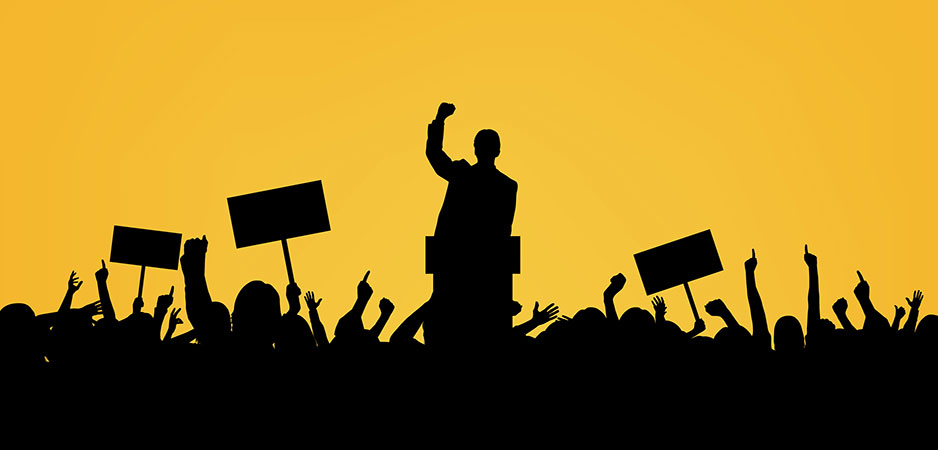
Future of Politics
Technological Impact
Technology is transforming politics in numerous ways, from how campaigns are run to how citizens engage with their governments. Innovations like artificial intelligence and blockchain hold potential for both enhancing and disrupting political processes.
Environmental Politics
Environmental politics is becoming increasingly important as nations grapple with climate change and sustainability. Policies aimed at protecting the environment and promoting green energy are critical for future development.
Evolving Democracies
Democracies are evolving to address contemporary challenges. This includes reforms to increase transparency, accountability, and public participation in the political process.
Conclusion
Politics is a complex and dynamic field that touches every aspect of our lives. Understanding its basic concepts—from power and governance to ideologies and participation—enables us to engage more effectively in our communities and make informed decisions. As the world changes, so too will the landscape of politics, making ongoing education and awareness essential.
FAQs
What is the significance of understanding politics?
Understanding politics is crucial because it affects how societies are governed, how resources are distributed, and how individuals can participate in shaping their communities. It empowers citizens to make informed decisions and hold leaders accountable.
How do political ideologies differ?
Political ideologies differ in their views on the role of government, individual freedoms, economic policies, and social issues. For example, liberalism emphasizes individual rights and free markets, while socialism advocates for collective ownership and wealth redistribution.
What is the role of political parties in a democracy?
Political parties play a vital role in democracies by organizing elections, mobilizing voters, recruiting candidates, and structuring political debate. They help to translate public preferences into government action.
How does international politics affect national policies?
International politics affects national policies through trade agreements, diplomatic relations, and global challenges such as climate change and security threats. Nations must navigate these dynamics to protect their interests and cooperate on shared issues.
What are the emerging trends in global politics?
Emerging trends in global politics include the rise of populism, increasing importance of environmental issues, technological advancements in political processes, and shifting power dynamics among global superpowers.

Welcome to TheNationalLens.ca, where Benjamin provides a sharp and insightful view into the heart of Canadian news and culture!
Benjamin is a seasoned writer with a deep passion for storytelling and a commitment to uncovering the truths that define our nation. With a focus on in-depth analysis and comprehensive reporting, Benjamin’s work spans a wide array of topics, including politics, economics, social issues, and beyond.
